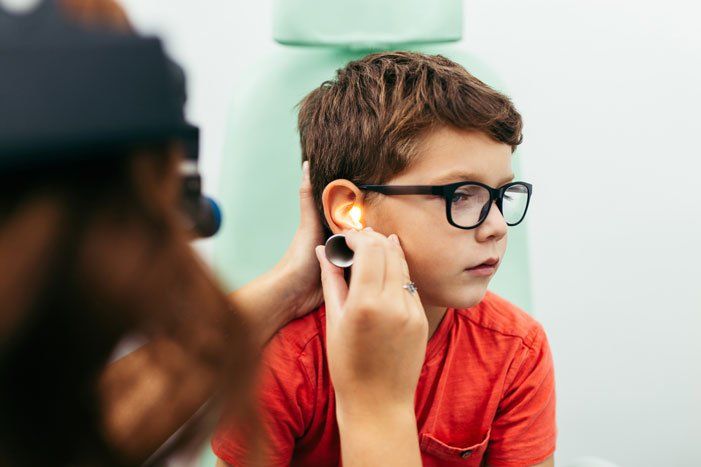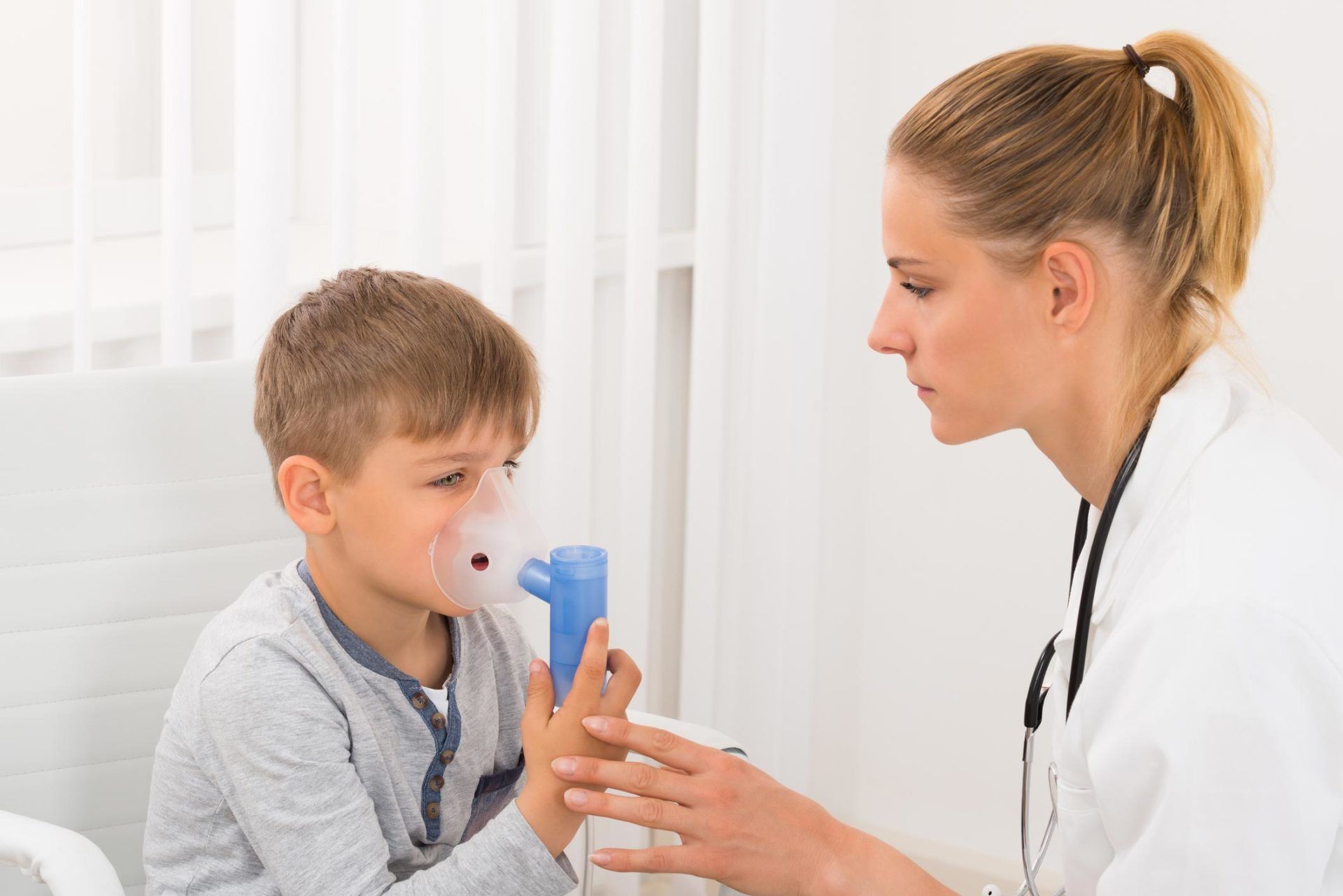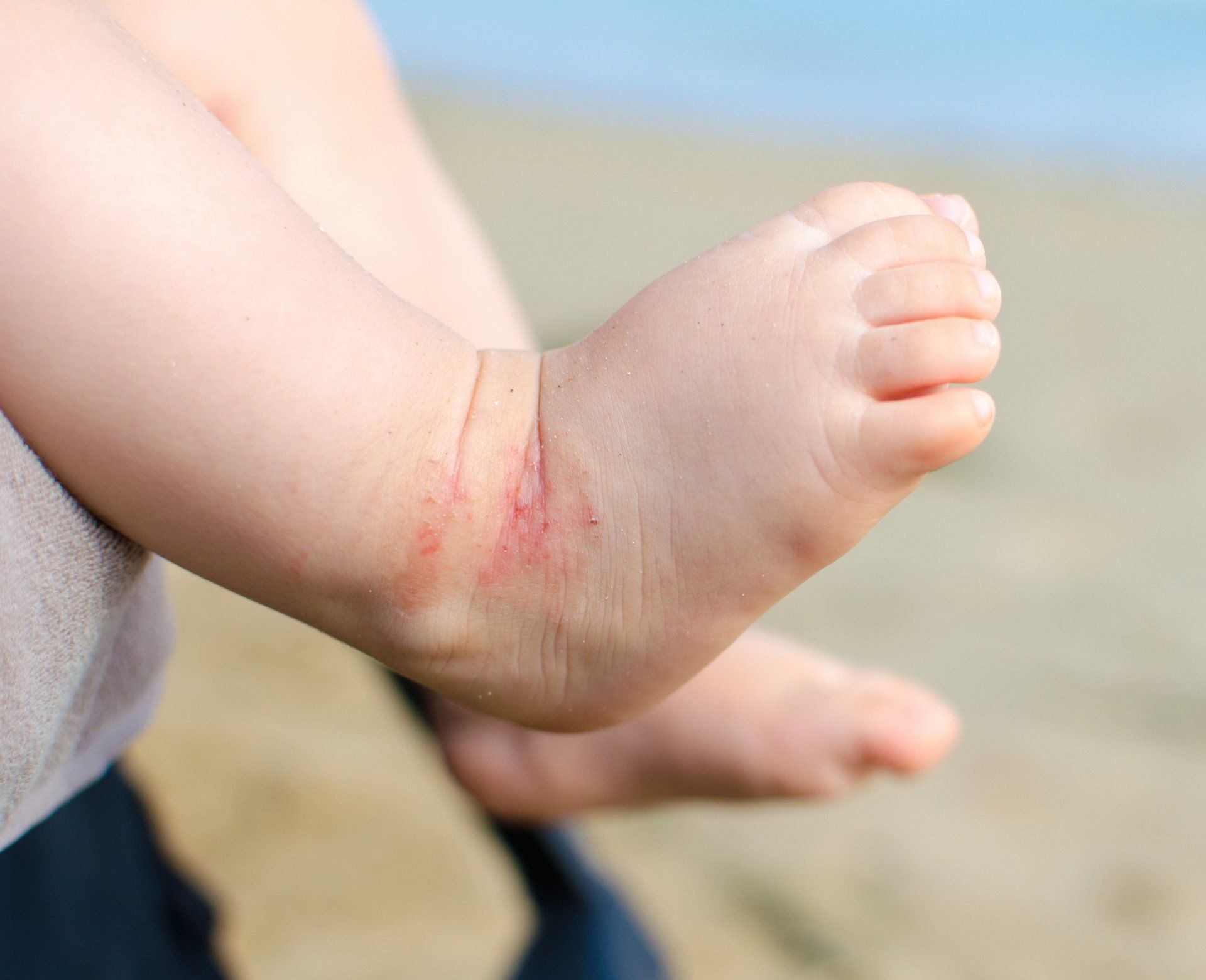
Many aspects of modern medicine have gradually become so integrated into everyday life that they're almost unnoticeable, such as high-quality standardized pharmaceuticals and reliable home testing equipment like blood sugar monitors.
Vaccines are one such modern marvel that many adults don't think about very often, except during flu season, and when they become parents. The Centers for Disease Control recommends an age-dictated regimen of immunizations that can begin to be administered in some cases when a child is as young as one month old.
As a parent, you may have many questions about immunizations. For example, we addressed the common concern of reactions children can have to vaccines in our previous blog, " Common Side Effects That May Occur With Immunization. "
In addition to the question of what complications your child could experience, however, you may also find yourself asking whether your child needs to endure the discomfort of having shots at all. In this blog, we discuss the true importance of childhood immunizations for your child and those around them.
Your Child
As a parent, your first priority is your child's wellbeing. You may wonder if immunizations are important enough to risk the side effects discussed in our related blog. However, the effects for your child are perhaps the most immediate and visible impact that vaccines can have.
In the United States, childhood immunizations prevent children from contracting 15 different vaccine-preventable diseases. These illnesses include polio, whooping cough, and of course chicken pox. The results of contracting these illnesses can vary widely.
However, many of the 15 vaccine-preventable diseases children are immunized against can be potentially fatal or cause permanent injuries such as paralysis, brain damage, or hearing loss.
While many of these diseases, such as polio, are considered mostly eliminated, mumps, measles, whooping cough, rubella, and several other serious vaccine-preventable diseases are contracted by unvaccinated children in America every year.
The simplest way to reduce your child's risk of contracting these illnesses and suffering potential complications is through routine immunizations.
Your Family
The reason that vaccines have been developed and recommended for these specific childhood diseases is because of the potential ramifications that contracting these diseases can have on children and families.
In the past, children who developed these diseases could be left with lifelong medical problems and their families could spend long hours and massive sums of money on treatment and quality of life care.
When you seek immunizations for your child, you can consider the choice a precaution against the damage that a permanent injury to your child could do to your family.
Your Community
Vaccines are typically only administered to healthy individuals, whether those individuals are children or adults. These vaccines are given even if the individual could likely fight off the disease on his or her own in part to protect those around them who cannot receive vaccines.
This concept is known as herd immunity and it protects entire communities. For example, when all the healthy children in a school are vaccinated, immunocompromised adults and children are less likely to be exposed to vaccine-preventable diseases.
Herd immunity protects the elderly, infants younger than six months old, individuals with autoimmune disorders, and even people who are simply under the weather and therefore less able to fight off disease at the time.
While immunizations are undeniably important for the reasons listed above, some children may have special requirements due to medical history or preexisting conditions. If you have questions about immunizations and the role they should play in your child's medical care, then discuss your concerns with a qualified healthcare professional.
For compassionate and expert immunizations for children of all ages, trust the pediatric staff at Y.H. Parikh & Associates.
Vaccines are one such modern marvel that many adults don't think about very often, except during flu season, and when they become parents. The Centers for Disease Control recommends an age-dictated regimen of immunizations that can begin to be administered in some cases when a child is as young as one month old.
As a parent, you may have many questions about immunizations. For example, we addressed the common concern of reactions children can have to vaccines in our previous blog, " Common Side Effects That May Occur With Immunization. "
In addition to the question of what complications your child could experience, however, you may also find yourself asking whether your child needs to endure the discomfort of having shots at all. In this blog, we discuss the true importance of childhood immunizations for your child and those around them.
Your Child
As a parent, your first priority is your child's wellbeing. You may wonder if immunizations are important enough to risk the side effects discussed in our related blog. However, the effects for your child are perhaps the most immediate and visible impact that vaccines can have.
In the United States, childhood immunizations prevent children from contracting 15 different vaccine-preventable diseases. These illnesses include polio, whooping cough, and of course chicken pox. The results of contracting these illnesses can vary widely.
However, many of the 15 vaccine-preventable diseases children are immunized against can be potentially fatal or cause permanent injuries such as paralysis, brain damage, or hearing loss.
While many of these diseases, such as polio, are considered mostly eliminated, mumps, measles, whooping cough, rubella, and several other serious vaccine-preventable diseases are contracted by unvaccinated children in America every year.
The simplest way to reduce your child's risk of contracting these illnesses and suffering potential complications is through routine immunizations.
Your Family
The reason that vaccines have been developed and recommended for these specific childhood diseases is because of the potential ramifications that contracting these diseases can have on children and families.
In the past, children who developed these diseases could be left with lifelong medical problems and their families could spend long hours and massive sums of money on treatment and quality of life care.
When you seek immunizations for your child, you can consider the choice a precaution against the damage that a permanent injury to your child could do to your family.
Your Community
Vaccines are typically only administered to healthy individuals, whether those individuals are children or adults. These vaccines are given even if the individual could likely fight off the disease on his or her own in part to protect those around them who cannot receive vaccines.
This concept is known as herd immunity and it protects entire communities. For example, when all the healthy children in a school are vaccinated, immunocompromised adults and children are less likely to be exposed to vaccine-preventable diseases.
Herd immunity protects the elderly, infants younger than six months old, individuals with autoimmune disorders, and even people who are simply under the weather and therefore less able to fight off disease at the time.
While immunizations are undeniably important for the reasons listed above, some children may have special requirements due to medical history or preexisting conditions. If you have questions about immunizations and the role they should play in your child's medical care, then discuss your concerns with a qualified healthcare professional.
For compassionate and expert immunizations for children of all ages, trust the pediatric staff at Y.H. Parikh & Associates.







